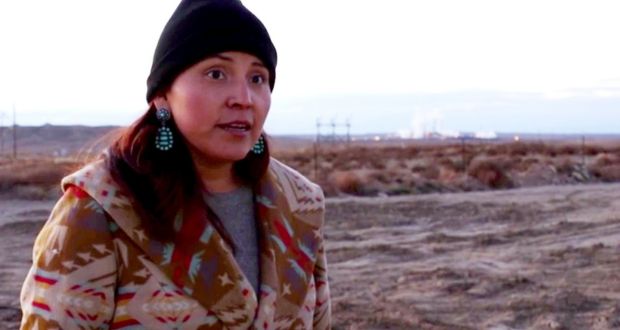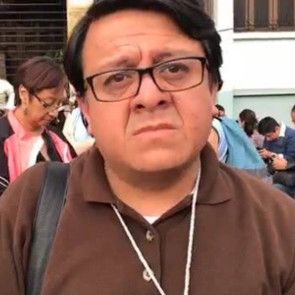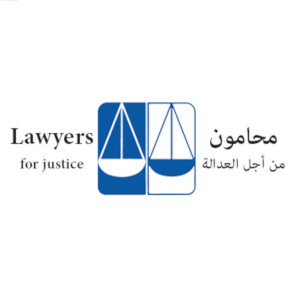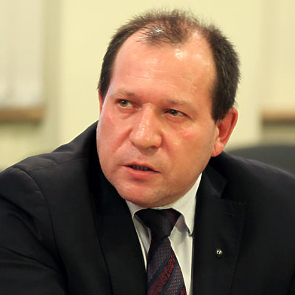#Diffamation
#Diffamation
The right to freedom of expression is not an absolute right. Limitations are permissible to, among other reasons, protect the reputation of others. This is what libel and defamation laws are all about.
However, in many countries, defamation laws have a become a tool to silence human rights defenders and journalists. This happens, for example, in connection to statements or reports pointing to those responsible for human rights abuses.
International and regional human rights bodies have consistently affirmed that civil law is enough to protect reputation. In other words, defamation should not be punished as a crime and there should be no prison sentences. Yet many countries around the world maintain criminal defamation.
Another important consideration is that the threshold for defamation to have occurred is much higher for public figures, including government officials. This means that strong criticism by human rights defenders, journalists or others should not give rise to defamation.
Kimberly Smith - United States of America
Indigenous people are no longer going to carry countries on our backs. We need to be driven by what’s good for all, and not good for just some. And always keeping in mind the generations that are yet to come.









